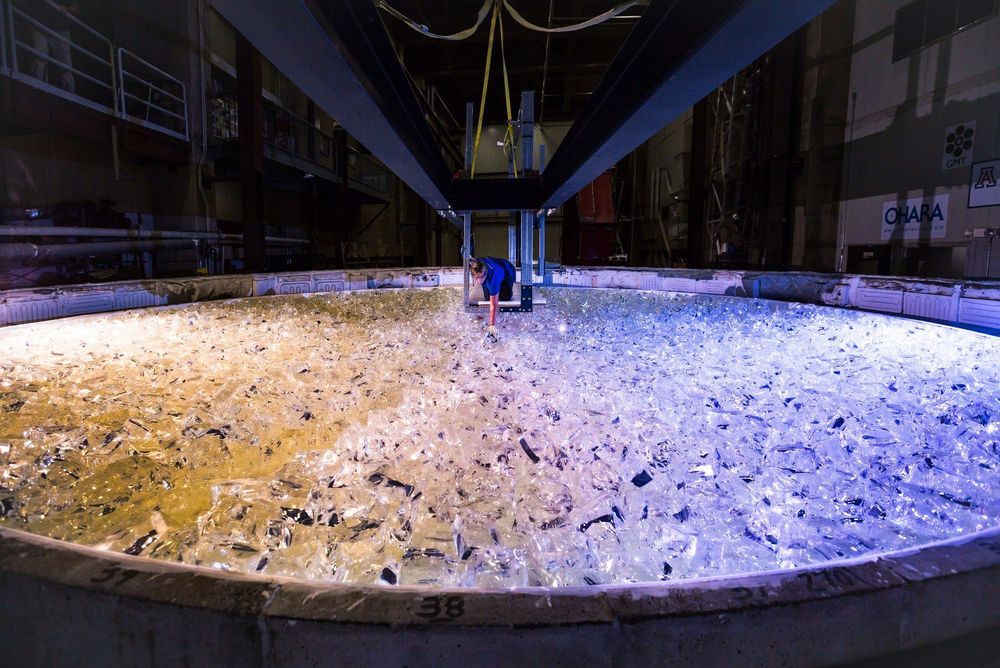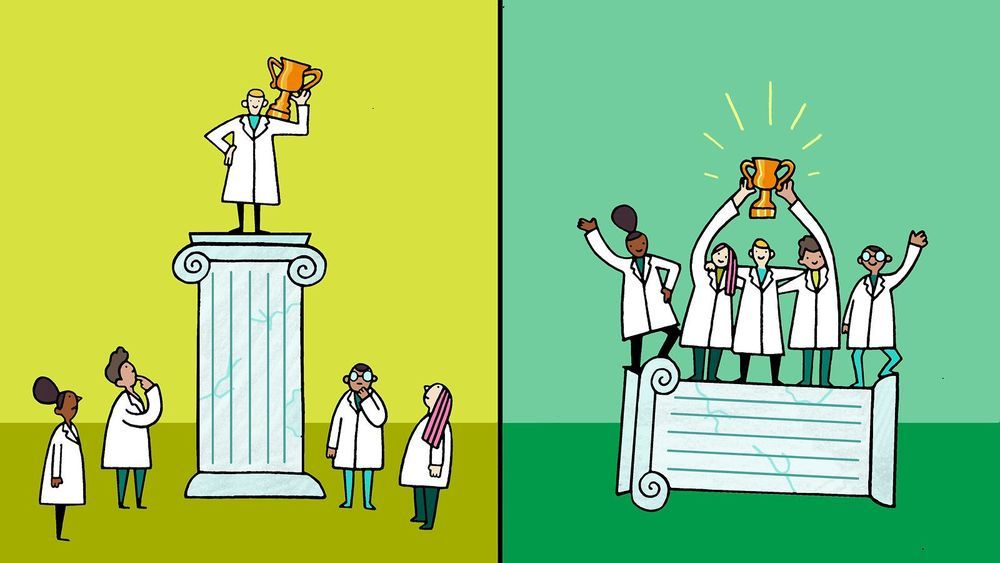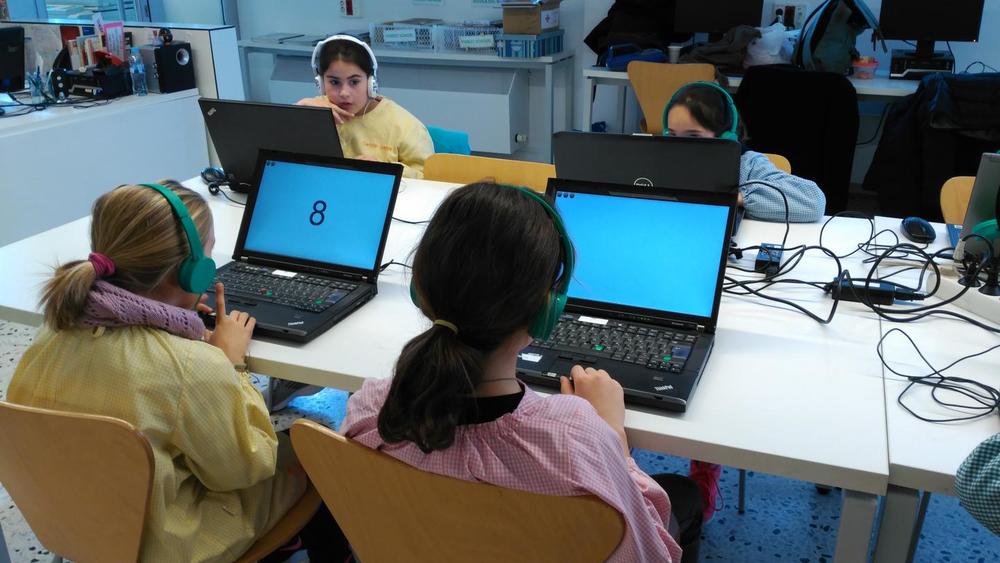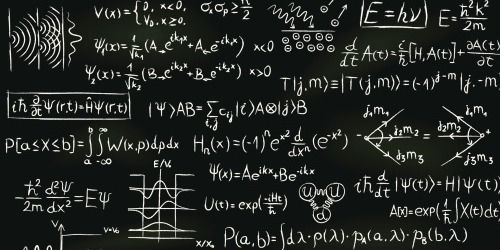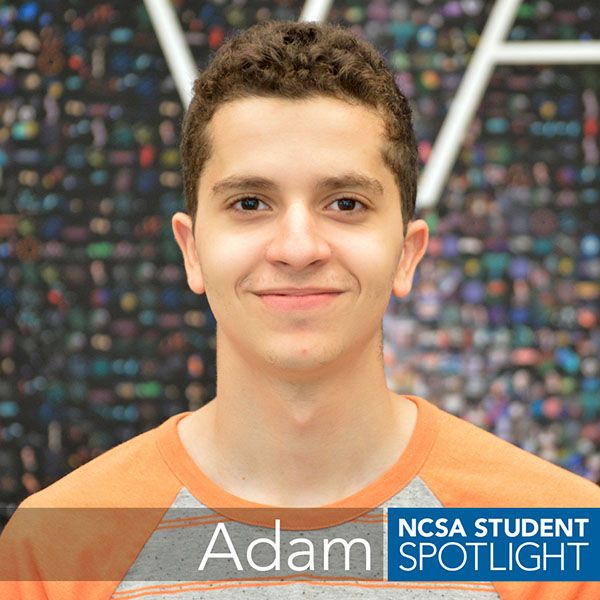Archive for the ‘education’ category: Page 148
May 29, 2019
AI Film “Do You Trust This Computer” Director Chris Paine on Artificial Intelligence
Posted by John Gallagher in categories: education, Elon Musk, Ray Kurzweil, robotics/AI
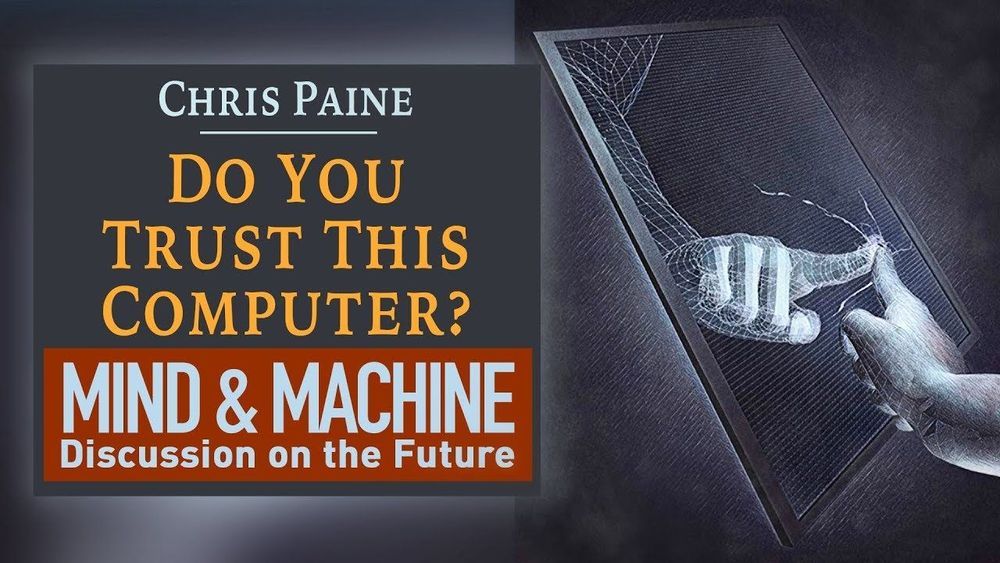
My guest today is Chris Paine, director of the AI documentary film “Do You Trust This Computer?” and previously the documentary “Who Killed the Electric Car?”. The new film is a powerful examination of artificial intelligence centered around insights from the most high-profile thinkers on the subject, including Elon Musk, Stuart Russell, Max Tegmark, Ray Kurzweil, Andrew Ng, Westworld creator Jonathan Nolan and many more. Chris set out to ask these leaders in the field “what scares smart people about AI”, and they did not hold back.
May 29, 2019
Dr. Mercola Warns On The Impending 5G Apocalypse
Posted by John Gallagher in categories: education, existential risks, internet
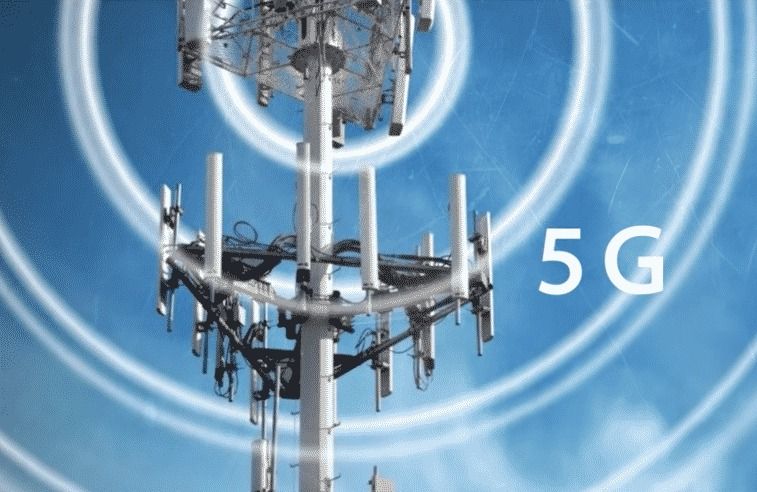
https://youtube.com/watch?v=ol3tAxnNccY
The fact that the Technocrat elite flatly ignore stern and documented warnings against 5G, indicates that they have some ulterior agenda that they must accomplish regardless of the negative impact on humans. It is the establishment of Technocracy, aka, Scientific Dictatorship. ⁃ TN Editor.
Are you still under the misconception that unchecked exposure to electromagnetic field (EMF) and radiofrequency (RF) radiation is of no concern? Then I urge you to view the featured documentary, “5G Apocalypse — The Extinction Event” by Sacha Stone.
Continue reading “Dr. Mercola Warns On The Impending 5G Apocalypse” »
May 29, 2019
Elon Musk warns A.I. could create an ‘immortal dictator from which we can never escape’
Posted by John Gallagher in categories: education, Elon Musk, life extension, robotics/AI
Tesla and SpaceX CEO Elon Musk said that artificial intelligence “doesn’t have to be evil to destroy humanity.” In a new documentary, “Do You Trust This Computer?”.
May 27, 2019
The Astounding Engineering Behind the Giant Magellan Telescope
Posted by Genevieve Klien in categories: education, engineering, habitats, space
It’s easy to miss the mirror forge at the University of Arizona. While sizable, the Richard F. Caris Mirror Laboratory sits in the shadow of the university’s much larger 56,000-seat football stadium. Even its most distinctive feature—an octagonal concrete prominence emblazoned with the school’s logo—looks like an architectural feature for the arena next door. But it’s that tower that houses some of the facility’s most critical equipment.
Inside the lab, a narrow, fluorescent-green staircase spirals up five floors to the tower’s entrance. I’m a few steps from the top when lab manager Stuart Weinberger asks, for the third time, whether I have removed everything from my pockets.
“Glasses, keys, pens. Anything that could fall and damage the mirror,” he says. Weinberger has agreed to escort me to the top of the tower and onto a catwalk some 80 feet above a mirror 27.5 feet in diameter. A mirror that has already taken nearly six years—and $20 million—to make. “Most people in the lab aren’t even allowed up here,” he says. That explains Weinberger’s nervousness about the contents of my pockets (which are really, truly empty), and why he has tethered my camera to my wrist with a short line of paracord.
Continue reading “The Astounding Engineering Behind the Giant Magellan Telescope” »
The idea that science skills are innate and great discoveries are made only by “lone geniuses” is losing traction in STEM.
May 24, 2019
Exposure to air pollution before and after birth may affect fundamental cognitive abilities
Posted by Xavier Rosseel in categories: education, health, mathematics, neuroscience, sustainability
A growing body of research suggests that exposure to air pollution in the earliest stages of life is associated with negative effects on cognitive abilities. A new study led by the Barcelona Institute for Global Health (ISGlobal), a centre supported by “la Caixa”, has provided new data: exposure to particulate matter with a diameter of less than 2.5 μm (PM2.5) during pregnancy and the first years of life is associated with a reduction in fundamental cognitive abilities, such as working memory and executive attention.
The study, carried out as part of the BREATHE project, has been published in Environmental Health Perspectives. The objective was to build on the knowledge generated by earlier studies carried out by the same team, which found lower levels of cognitive development in children attending schools with higher levels of traffic-related air pollution.
The study included 2,221 children between 7 and 10 years of age attending schools in the city of Barcelona. The children’s cognitive abilities were assessed using various computerized tests. Exposure to air pollution at home during pregnancy and throughout childhood was estimated with a mathematical model using real measurements.
May 22, 2019
Synopsis: How High Schools Teach Quantum Physics
Posted by Genevieve Klien in categories: education, quantum physics
Researchers analyze secondary school curricula from 15 countries, revealing common themes and a need for emphasizing process over facts.
May 21, 2019
The Inventor: Out for Blood in Silicon Valley (2019) | Official Trailer | HBO
Posted by Derick Lee in categories: biotech/medical, education
![]()
From Academy Award-winning director Alex Gibney comes a documentary about the rise and fall of Theranos, the one-time multibillion-dollar healthcare company founded by Elizabeth Holmes. Premieres March 18 on HBO.
May 17, 2019
High School Student Uses AI to Detect Gravitational Waves
Posted by Quinn Sena in categories: cosmology, education, physics, robotics/AI, supercomputing
Before he could legally drive, high school student Adam Rebei was already submitting jobs on the Blue Waters supercomputer at the National Center for Supercomputing Applications at the University of Illinois at Urbana-Champaign (NCSA) to run complex simulations of black holes.
“My first time using Blue Waters, we did a tour first and got to see the computer, which is a very amazing thing because it’s a very powerful machine,” Rebei told the NCSA, “and I just remember thinking, ‘All of the GPUs!’ It’s an insane amount of GPUs, and I’ve never seen anything like it.”
To get there, Rebei first took an astronomy class that led him to his work with the NCSA. Once there, he teamed up with research scientist Eliu Huerta, who leads the group’s Gravity Group.
Continue reading “High School Student Uses AI to Detect Gravitational Waves” »


